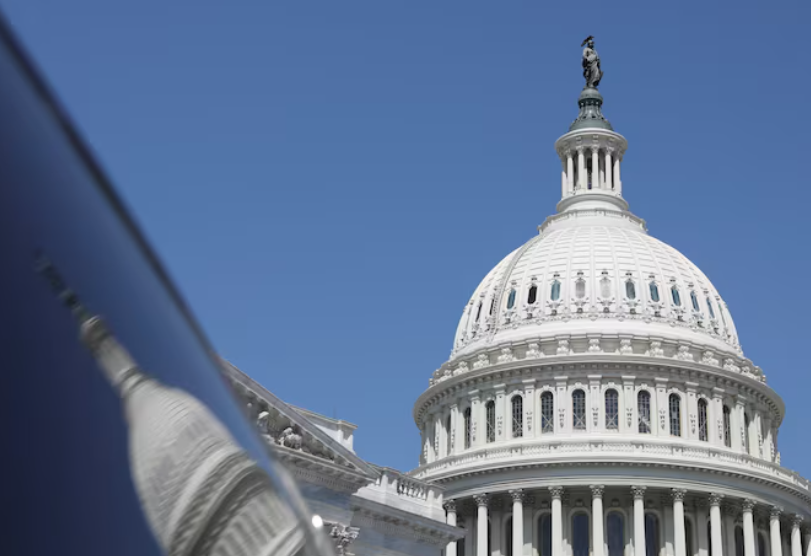A bill passed by the U.S. Senate, which aims to add 66 new judges to understaffed federal district courts across the nation, will increase government spending by $349 million over the next decade, according to new estimates from the Congressional Budget Office (CBO). The CBO, Congress’ nonpartisan fiscal referee, released its analysis late last week after the Senate unanimously endorsed the bill on August 1. This legislation would mark the first major expansion of the judiciary since 1990.
The bipartisan JUDGES Act, currently awaiting consideration in the U.S. House of Representatives, seeks to address longstanding requests from the judiciary to help manage rising caseloads and personnel shortages in short-staffed districts, such as those in California, Texas, and Delaware. Lawmakers, concerned about creating new vacancies that a president of an opposing party could fill, have hesitated to establish new judgeships since 2003. To address these concerns, the Senate bill proposes creating the new judicial seats incrementally every two years over a decade, beginning in January 2025, after the November 5 presidential election. The bill includes 63 permanent judgeships and three temporary ones.
The CBO estimates that enacting the bill will increase direct spending by $98 million through 2034 to cover the constitutionally protected salaries and benefits of the new judges. In 2024, the average compensation for a federal judge was $270,000, according to the CBO. The bill also authorizes the appropriation of specific amounts annually for administrative expenses, such as the costs of court staff, facilities, security, and technology. Assuming Congress appropriates the necessary funds, spending will rise by about $250 million from 2025 to 2034. Additionally, the bill mandates that the Government Accountability Office (GAO), Congress’ watchdog agency, report to Congress on judges’ caseloads and federal agencies’ need for detention space, which the CBO estimates will cost $1 million over the same period.
Matt Lahr, spokesperson for the Senate bill’s lead sponsor, Republican Senator Todd Young of Indiana, stated that his office is in discussions with House members about passing the JUDGES Act in the fall and does not anticipate the CBO’s cost analysis will hinder its passage. “Senator Young would also point out that there is a cost to inaction as well, such as citizens being denied their day in court,” Lahr added.

